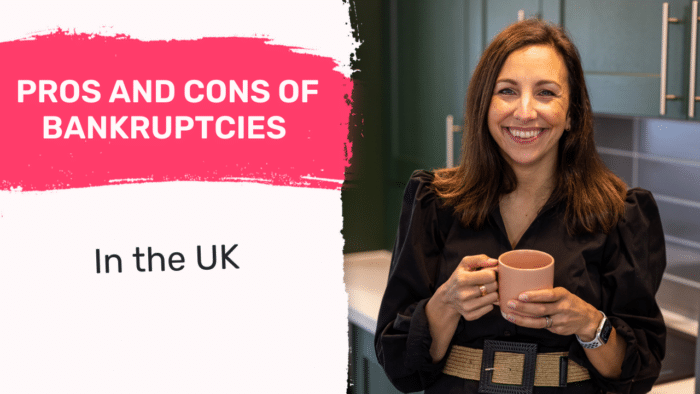UK Introduces Voluntary Code to Guide Prize Competitions and Draws
For free & impartial money advice you can visit MoneyHelper. We work with The Debt Advice Service who provide information about your options. This isn’t a full fact-find, some debt solutions may not be suitable in all circumstances, ongoing fees might apply & your credit rating may be affected.

For free & impartial money advice you can visit MoneyHelper. We work with The Debt Advice Service who provide information about your options. This isn’t a full fact-find, some debt solutions may not be suitable in all circumstances, ongoing fees might apply & your credit rating may be affected.
While gaming remains massively popular throughout the UK, it’s also become one of the most stringently regulated industries too. In fact, the UK gaming Commission (UKGC) is world-renowned for being one of the toughest and most tightly controlled gaming authorities in the world. In an effort to further grow the region’s status in this regard, the government recently announced a voluntary code of conduct to tighten standards for prize competitions and draws that traditionally fall outside of gambling laws.
This is to ensure these competitions and contests don’t end up impinging on the gaming industry while managing to stay outside of its regulations. These games and contests have become very popular and widely played throughout the UK. They are often provided through social media pages and promoted through influencers, with many offering high-end luxury prizes like exclusive holidays and even expensive cars in exchange for paid entries.
This growing space often overlaps with the popularity of digital gaming platforms. Many of the competitions are advertised on the same channels where players look for new entertainment websites or promotional deals. Sites that feature the UK top 10 best online casinos frequently gain traction by offering exciting bonuses such as no-deposit rewards, live dealer experiences, and quick withdrawals. Their popularity has helped make these platforms a go-to option for local players who want both convenience and value. However, with the rise in paid-entry prize draws, questions have been raised about fairness, transparency, and regulation.
Unlike traditional gaming, these prize competitions often operate in a grey area of the law. They are usually exempt from gaming regulation because they involve a skill-based element or offer free entry options. Yet the way many of them are run can still leave consumers unsure of their rights, especially when terms are hidden or winners are selected without proper oversight. As these contests became more common, complaints about misleading promotions and unclear rules also grew louder.
To address these concerns, the Department for Culture, Media and Sport (DCMS) worked alongside industry stakeholders, legal professionals, and consumer groups to create a set of voluntary guidelines. The goal is to bring more consistency and consumer protection into the market without introducing heavy-handed legal changes.
The new code includes recommendations on how to promote competitions fairly. Organisers are asked to clearly explain how to enter, what the prize is, and how the winner will be chosen. If there is a fee to enter, this must be clearly communicated, along with any free entry option that keeps the contest outside the remit of gaming laws. Operators are also expected to run transparent draws and avoid misleading advertising.
Another part of the code deals with the way results are announced and prizes are delivered. Winners must be selected fairly, and all entries must be treated equally. Any promotional material must not exaggerate the odds or suggest a guarantee of winning. Organisers who agree to the code are expected to display their commitment publicly, which may help build trust with audiences.
The code is entirely voluntary, so there will be no direct penalties for those who ignore it. However, reputational pressure may play a role in encouraging compliance. The government has said that platforms and advertising channels should consider flagging whether or not competition organisers are signed up to the code. This could influence both consumer decisions and industry behaviour.
What’s clear is that the rise of online prize competitions has created a new type of entertainment market, one that often sits close to traditional gaming. As it grows, consumer protection will remain a central issue. Whether this voluntary approach is enough to maintain trust remains to be seen. For now, it sets a clearer standard that responsible operators can follow, helping people make more informed choices about where they put their money.
